Do fat burners support or hinder your efforts of losing extra pounds?
As a health and fitness coach, I've seen that using the right fat burner during intermittent fasting can be effective. It's all about choosing ingredients that synergize with fasting.
Navigating through supplement options for your fasting journey can be overwhelming. Dive into our guide to discover the right fat burner to aid your weight loss regimen.
Quick Summary
What Kind of Supplements Break a Fast?
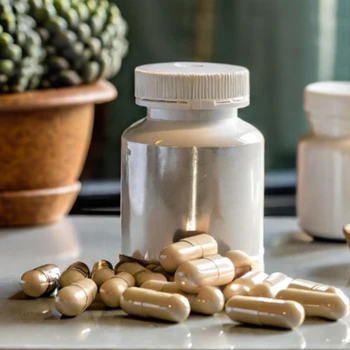
To avoid breaking a fast, refrain from consuming supplements that spike blood sugar levels, such as collagen or BCAA supplements.
The reason behind this is that amino acids turn into protein, which contains calories that your body has to metabolize, so when you take them, you are signaling to your body that you are not fasting.
Fasting stresses cells, boosting resilience against oxidative stress and related diseases.
Moreover, the Scripps Research Institute found that fasting triggers norepinephrine, breaking down fat cells [1].
Intermittent fasting also lowers insulin, aiding fat burning for energy.
Breaking a fast raises insulin, stopping fat energy use, says Harvard Medical School [2].
But there is a way around it:
"If you get enough protein in your feeding period, fasting for 16 hours does not appear to be detrimental to your muscles, compared to a normal diet."
- Grant Tinsley, Ph.D.
So, avoid anything with calories or that spikes insulin while fasting.
And even though extreme fasting allows only water, staying hydrated is key, so zero-sugar electrolytes and black coffee or tea are generally okay.
Choosing the Right Fasting-Friendly Fat Burner

Having navigated the fitness world's extensive range of fat burners for my clients, I've seen the spectrum from excellent to subpar.
I advise against low-end products with stimulants like caffeine, which, despite offering a short-term energy boost, often have limited effectiveness and can lead to side effects like jitters, as the Cleveland Clinic points out [3].
"There’s little evidence that consuming caffeine leads to significant weight loss or helps people keep weight off."
- Matthew Ganio, PhD, a Professor of Kinesiology at the University of Arkansas
In my experience, the best choices are stimulant-free fat burners that enhance fat breakdown, rev up metabolism, and activate fat-reduction hormones.
Look for products that are 100% natural for maximum benefits.
Diet pills with nutrigenesis are ideal as they mimic natural ingredients for better absorption and effectiveness.
You could even take this type of fat burner a half hour before breakfast to kickstart your metabolism, aiding fat burning and appetite control all day.
Or you can exercise on an empty stomach while sticking to light-to-moderate workouts.
What Ingredients To Look For in a Fat Burner for Intermittent Fasting?


Coleus Forskohlii Extract (Forskolin). This ingredient promotes weight loss by releasing fatty acids from cells to be used as fuel, known as fat oxidation. It supports fat loss without sacrificing muscle mass [6].
Cayenne Pepper Extract (Capsaicinoids). Capsaicinoids increase thermogenesis, helping burn calories by raising your body temperature. A 2003 British Journal of Nutrition study showed that overweight and obese individuals (BMI: 25-35 kg/m2) who consumed 135 mg of capsaicin capsules with meals experienced an increase of 119 kcal/day in their resting energy expenditure compared to the placebo group [7].
Black Pepper Extract (Piperine). Aids in thermogenesis and enhances the absorption of other ingredients while potentially slowing new fat cell creation [8].
GTF Chromium. An essential mineral that helps control appetite, regulate fats, and boost energy and exercise performance. Beneficial for those with type 2 diabetes or metabolic issues.
A 1997 Diabetes Journal study found that type 2 diabetes patients taking 1,000 mcg/day chromium had lower fasting glucose levels (7.1 mmol/L or 128 mg/dL) and HbA1c (6.6%) after 4 months compared to the placebo group (8.8 mmol/L or 159 mg/dL, 8.5% HbA1c) [9].
All of these ingredients not only support fat burning but also muscle preservation and strength enhancement during intermittent fasting.
Related Articles:
What Are the Benefits of Taking Fat Burners When Fasting?

Taking fat burners while fasting can enhance fitness outcomes by increasing energy and endurance, balancing blood sugar, and aiding in achieving a healthy body composition.
The biggest motivation may be that intermittent fasting alone brings numerous benefits, including:
- Inflammation reduction
- Promoting fat mobilization
- Hormone balance
- Cell repair (autophagy)
- Keeping your blood sugar levels in check
However, taking a fat burner while intermittent fasting, especially in conjunction with fasted exercise, may help improve your fitness results by:
- Promoting pre-workout thermogenesis
- Increasing energy, muscle stamina, and exercise endurance
- Limiting fat storage and balancing blood sugar (by moving fat into the bloodstream, good fat burners help you use stored fat to fuel exercise)
- Protecting hard-working muscle tissue
- Control sugar cravings and food intake, helping you achieve healthy body composition
References:
- https://www.sciencedaily.com/releases/2017/01/170127142411.htm
- https://www.health.harvard.edu/blog/intermittent-fasting-surprising-update-2018062914156
- https://health.clevelandclinic.org/do-fat-burners-work/
- https://www.ncbi.nlm.nih.gov/pmc/articles/PMC5852736/
- https://pubmed.ncbi.nlm.nih.gov/10966150/
- https://www.sciencedirect.com/topics/neuroscience/forskolin
- https://pubmed.ncbi.nlm.nih.gov/13129472/
- https://www.sciencedirect.com/topics/neuroscience/piperine
- https://pubmed.ncbi.nlm.nih.gov/9356027/
About The Author
You May Also Like

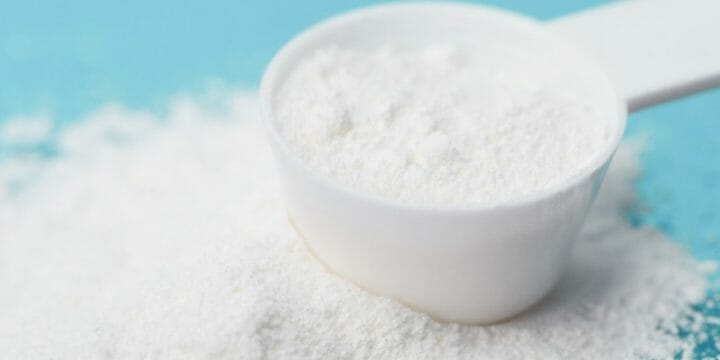

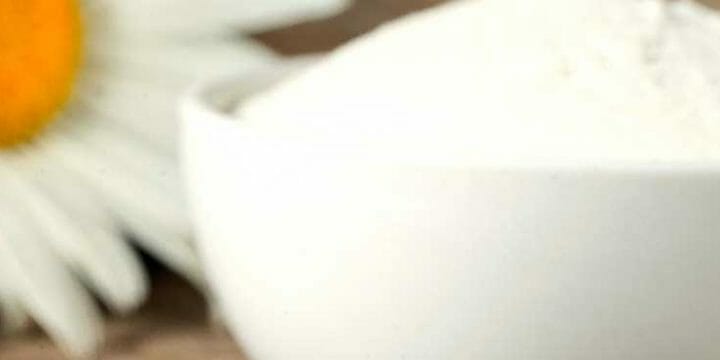
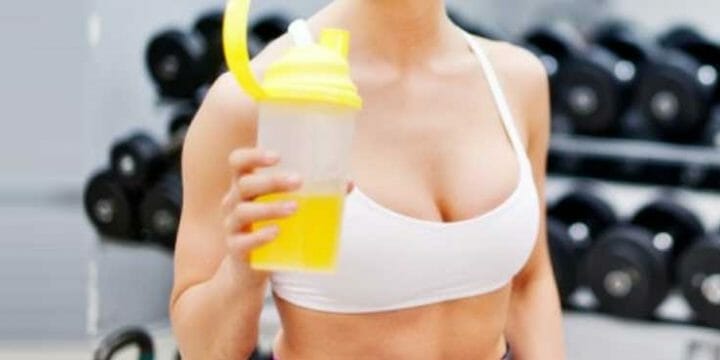
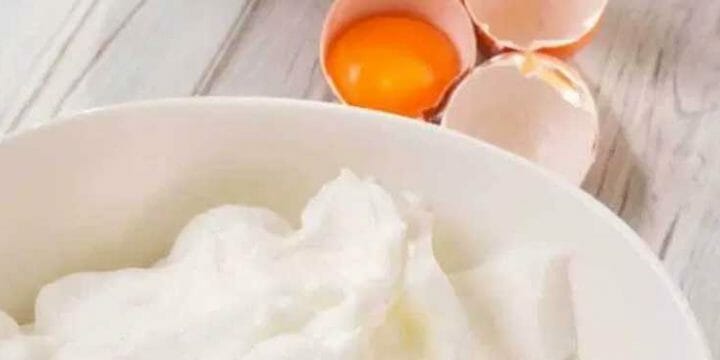

Loving how this article breaks down the science behind fasting and fat burners.